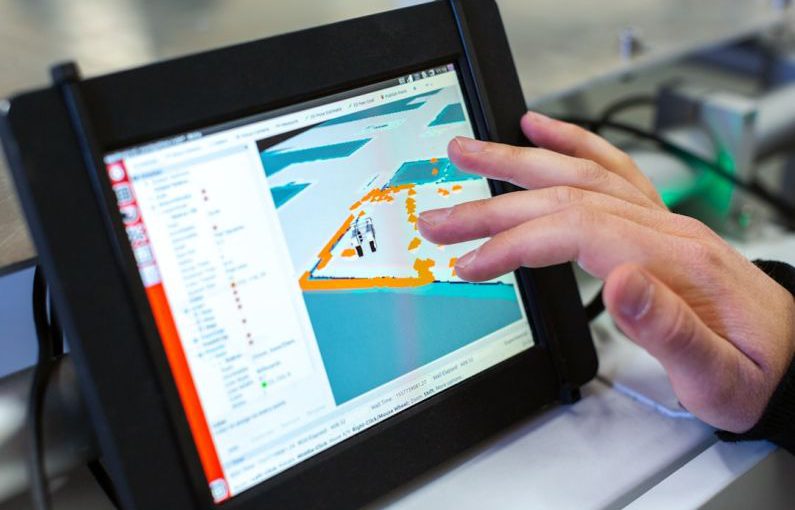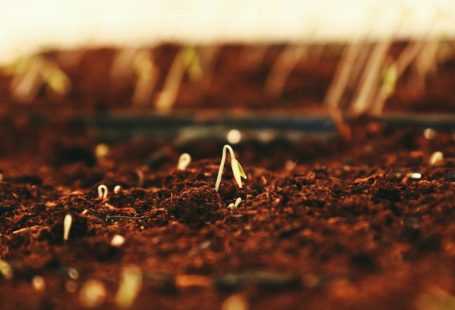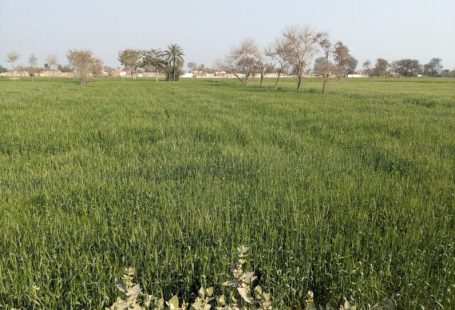The fusion of Artificial Intelligence (AI) and robotics in the realm of agribusiness is revolutionizing the way we approach agriculture. This integration is not just a trend but a significant leap forward in enhancing productivity, sustainability, and efficiency in the agricultural sector. The marriage of AI and robotics in agribusiness is reshaping traditional farming practices, offering innovative solutions to age-old challenges, and paving the way for a more technologically advanced and sustainable future. Let’s delve deeper into the transformative impact of AI and robotics on agribusiness.
Enhancing Precision Farming
Precision farming, also known as precision agriculture, involves using technology to optimize crop yields and reduce waste. AI and robotics play a crucial role in enhancing precision farming by providing real-time data analysis, monitoring crop health, and automating tasks such as planting, watering, and harvesting. Through the use of drones equipped with AI-powered sensors, farmers can gather detailed information about their crops, soil conditions, and pest infestations, allowing them to make data-driven decisions that maximize productivity and minimize environmental impact.
Improving Efficiency and Productivity
One of the key benefits of integrating AI and robotics into agribusiness is the significant improvement in efficiency and productivity. Robots equipped with AI algorithms can perform tasks with speed and precision, reducing the need for manual labor and increasing output. For example, robotic harvesters can pick fruits and vegetables at a much faster rate than human workers, leading to higher yields and lower labor costs. AI-powered systems can also analyze vast amounts of data to optimize planting schedules, irrigation levels, and fertilizer usage, resulting in improved crop quality and quantity.
Optimizing Resource Management
Effective resource management is essential for sustainable agriculture, and AI and robotics are instrumental in optimizing the use of resources such as water, fertilizers, and pesticides. AI algorithms can analyze environmental data to create customized irrigation schedules that ensure crops receive the right amount of water at the right time, reducing water waste and improving crop health. Robotics can also be used to precisely apply fertilizers and pesticides, minimizing excess usage and environmental contamination. By maximizing resource efficiency, AI and robotics help farmers reduce costs, increase sustainability, and improve overall farm profitability.
Enabling Remote Monitoring and Control
The integration of AI and robotics in agribusiness enables farmers to remotely monitor and control their operations, providing greater flexibility and convenience. Through the use of AI-powered sensors and cameras, farmers can keep track of their crops, livestock, and equipment in real-time, allowing them to detect issues early and take timely action. Robotics equipped with AI algorithms can be controlled remotely to perform tasks such as weeding, spraying, and harvesting, freeing up farmers to focus on strategic decision-making and planning. This remote monitoring and control capability enhances operational efficiency and enables farmers to manage their farms more effectively, regardless of their physical location.
Driving Innovation and Technological Advancements
The integration of AI and robotics into agribusiness is driving innovation and technological advancements in the agricultural sector. From autonomous tractors to robotic pollinators, the possibilities are endless when it comes to leveraging AI and robotics to solve complex agricultural challenges. By investing in research and development in AI and robotics, agribusinesses can stay ahead of the curve, adopt cutting-edge technologies, and gain a competitive edge in the market. The continuous evolution of AI and robotics in agribusiness is opening up new opportunities for sustainable farming practices, smart agriculture solutions, and improved food production systems.
In conclusion, the integration of AI and robotics into agribusiness is reshaping the landscape of modern agriculture, offering innovative solutions to enhance precision farming, improve efficiency and productivity, optimize resource management, enable remote monitoring and control, and drive technological advancements. By embracing AI and robotics, farmers and agribusinesses can unlock a world of possibilities, revolutionize traditional farming practices, and pave the way for a more sustainable and technologically advanced future in agriculture.





